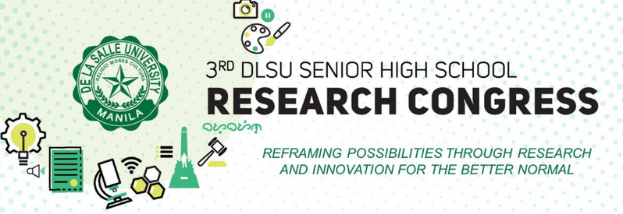Document Types
Paper Presentation
School Name
De La Salle University Integrated School, Manila
Start Date
29-4-2021 1:00 PM
End Date
29-4-2021 3:00 PM
Abstract/Executive Summary
In the field of robot ethics, debates about sexbots, their personhood, and their moral status continue. To provide our stance in this debate, we ask the question: Is it unethical for sexbots to be owned? This paper responds to the claims of Steve Petersen’s (2016) paper “Is it good for them too? Ethical concerns for the sexbots”, where he argues that sexbots are not wronged for performing the functions they are designed for. We respond to this claim by arguing for John Danaher’s Theory of Ethical Behaviorism (2020). If ethical behaviorism is correct in claiming that behavior is a sufficient ground for moral status ascription, we see sexbot ownership as unethical. We argue for our claim and show that the moral considerability of the sexbot could be proven under the standards given in our framework for ascribing moral status.
Keywords
ethics; robot ethics; robot servitude; sexbots; ethical behaviorism
Initial Consent for Publication
yes
An Ethical Inquiry to Personhood as the Standard for Sexbot Ownership: A Response to S. Petersen
In the field of robot ethics, debates about sexbots, their personhood, and their moral status continue. To provide our stance in this debate, we ask the question: Is it unethical for sexbots to be owned? This paper responds to the claims of Steve Petersen’s (2016) paper “Is it good for them too? Ethical concerns for the sexbots”, where he argues that sexbots are not wronged for performing the functions they are designed for. We respond to this claim by arguing for John Danaher’s Theory of Ethical Behaviorism (2020). If ethical behaviorism is correct in claiming that behavior is a sufficient ground for moral status ascription, we see sexbot ownership as unethical. We argue for our claim and show that the moral considerability of the sexbot could be proven under the standards given in our framework for ascribing moral status.


